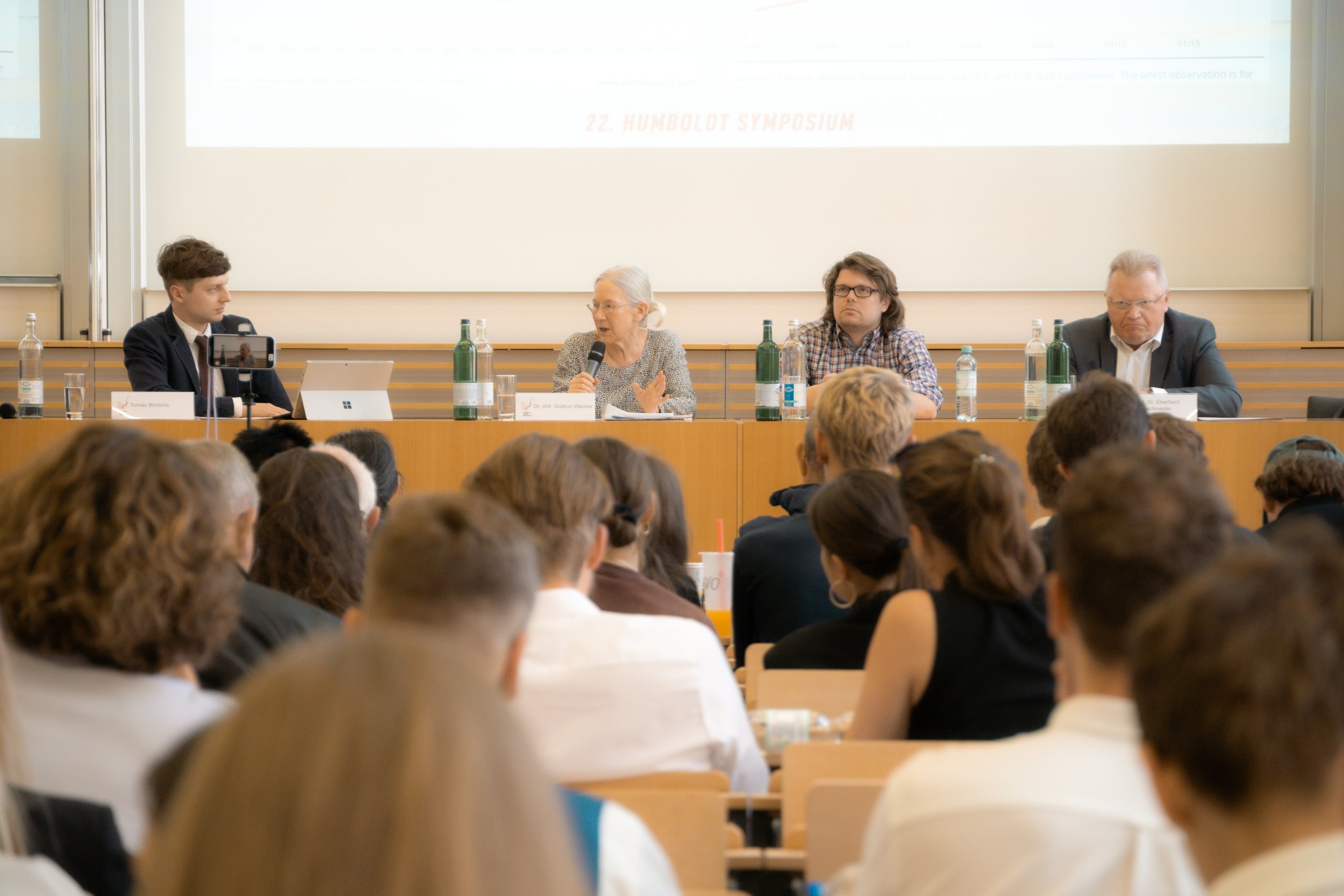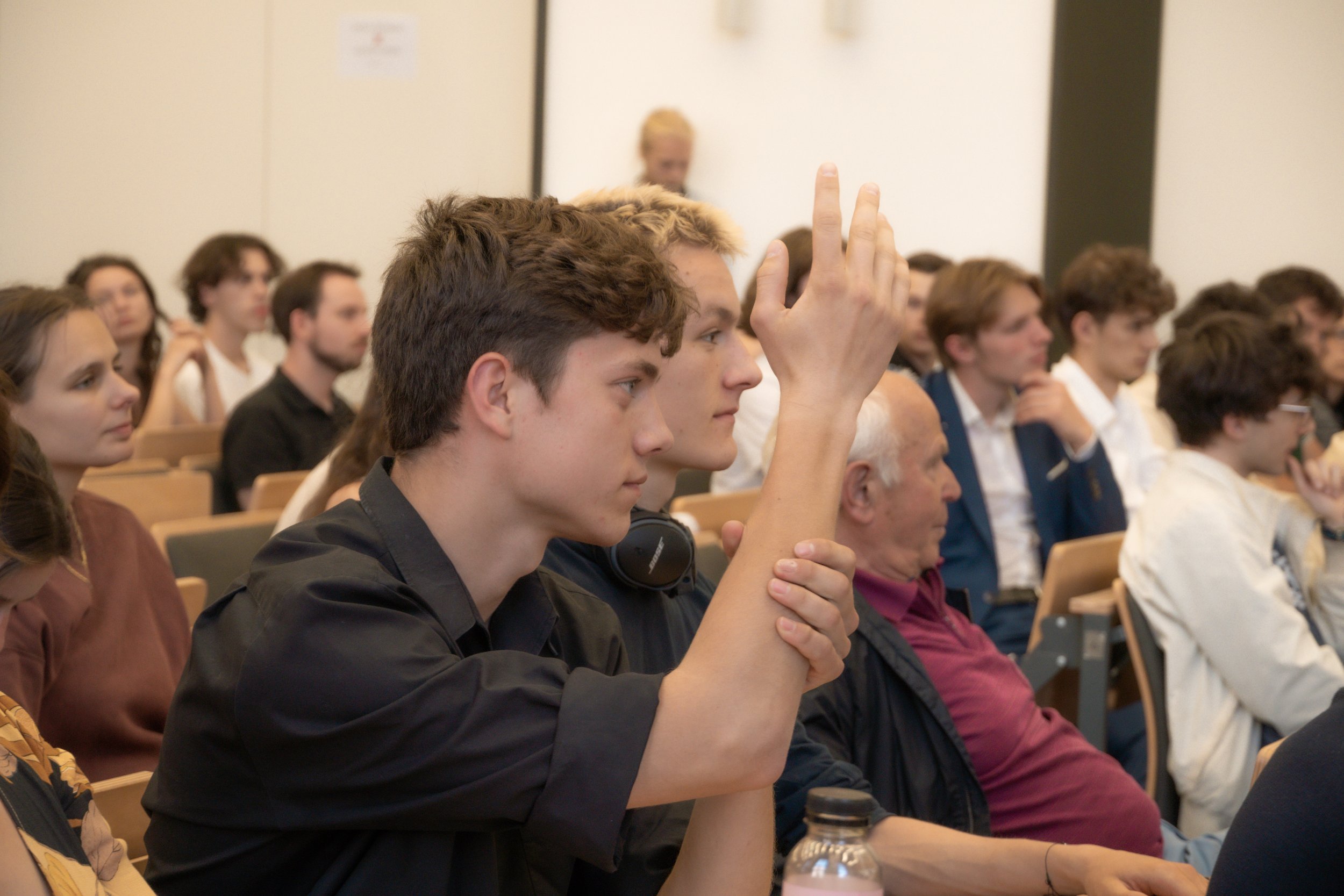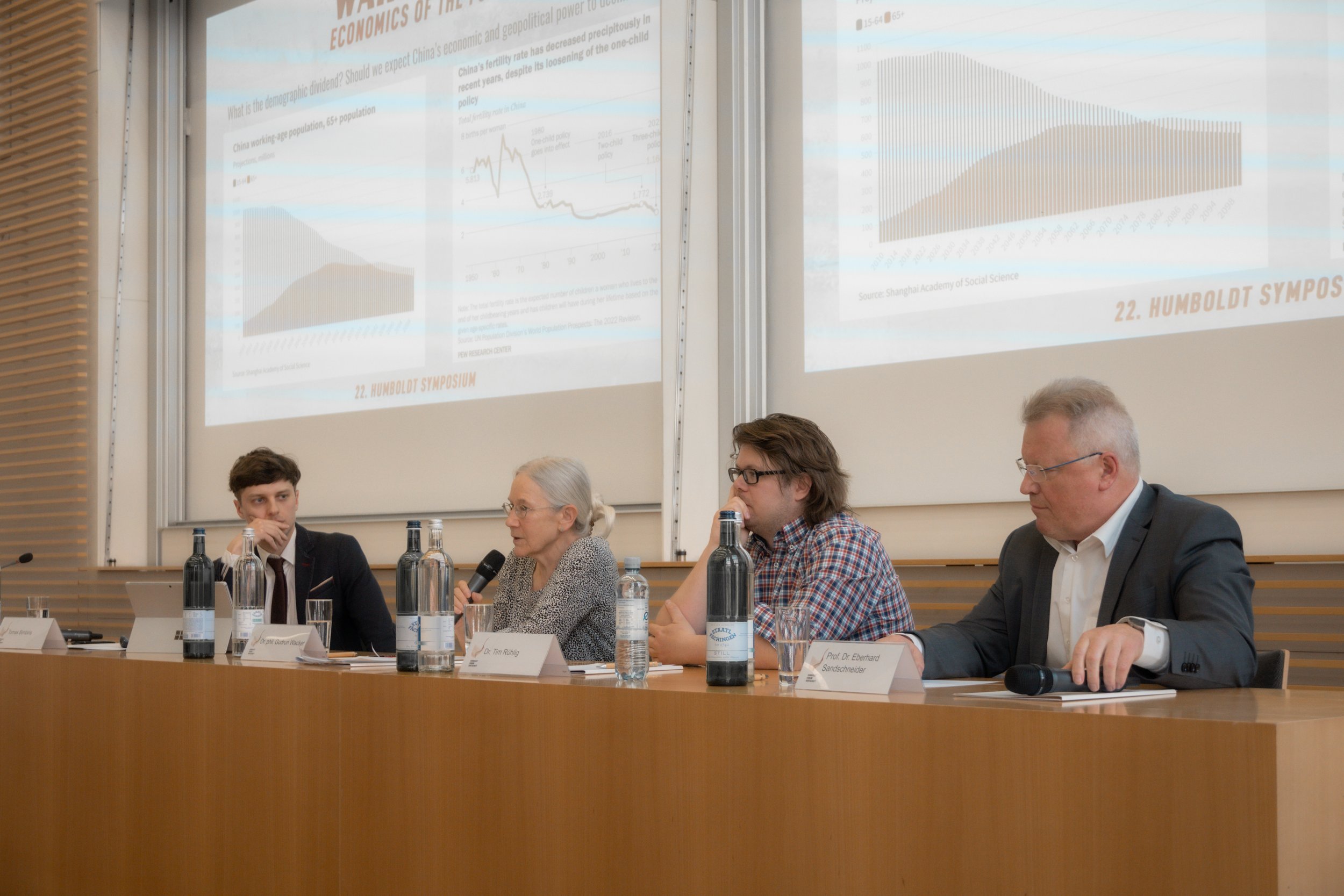China’s Role in the European Union: Should Europe reduce their dependence on China?
A panel discussion on the topic of the European Union's dependency on China was held, featuring renowned experts Eberhard Sandschneider, Gudrun Wacker, Tim Rühlig and moderator Tomas Bimbiris.
The discussion shed light on various aspects of the EU-China relationship, exploring economic, political, and strategic dimensions. Here is a summary of the key points raised in this engaging panel.
Eberhard Sandschneider emphasized the economic interdependence between the EU and China. He pointed out that China has become a vital market for European companies, providing opportunities for growth and investment. Sandschneider highlighted the importance of maintaining a balance between economic cooperation and safeguarding European interests, emphasizing the need for the EU to adopt a unified approach towards China. He stressed the significance of addressing issues such as intellectual property rights, market access, and unfair trade practices.
Gudrun Wacker focused on the political dimensions of the EU-China relationship. She highlighted the challenges posed by China's authoritarian regime and its impact on European values such as human rights and democracy. Wacker emphasized the need for the EU to assert its principles and values when dealing with China, while also acknowledging the complexity of the relationship. She emphasized the importance of a united EU front and coordination with like-minded partners to effectively engage with China on political and human rights issues.
Tim Rühlig provided insights into the strategic aspects of the EU-China relationship, particularly in the context of China's growing influence on the global stage. He discussed China's Belt and Road Initiative (BRI) and its implications for Europe, highlighting concerns over debt traps and potential geopolitical consequences. Rühlig stressed the need for the EU to develop a coherent strategy that balances economic cooperation with security concerns. He emphasized the importance of diversifying EU dependencies and building strategic alliances to effectively address China's influence.
Overall, the panel discussion provided a comprehensive examination of the EU's dependency on China, touching upon economic, political, and strategic dimensions. The speakers highlighted the importance of a unified EU approach, protection of European interests, assertion of values, and the need for a coherent strategy to navigate the complexities of the EU-China relationship.
by Paul Ernst and Robin-Van Jiang




